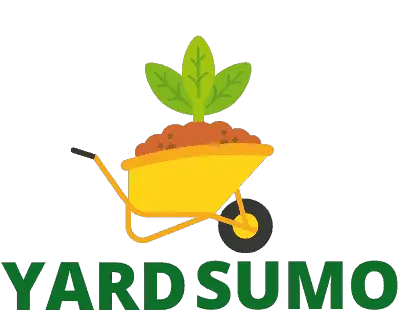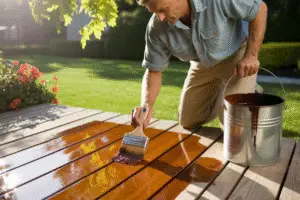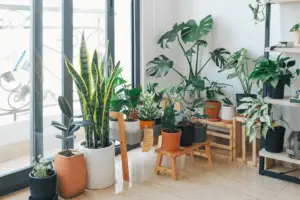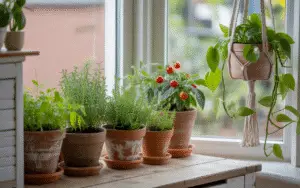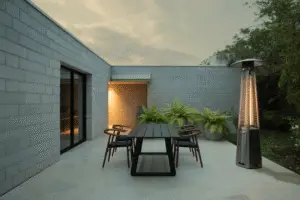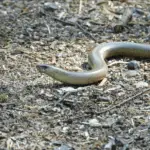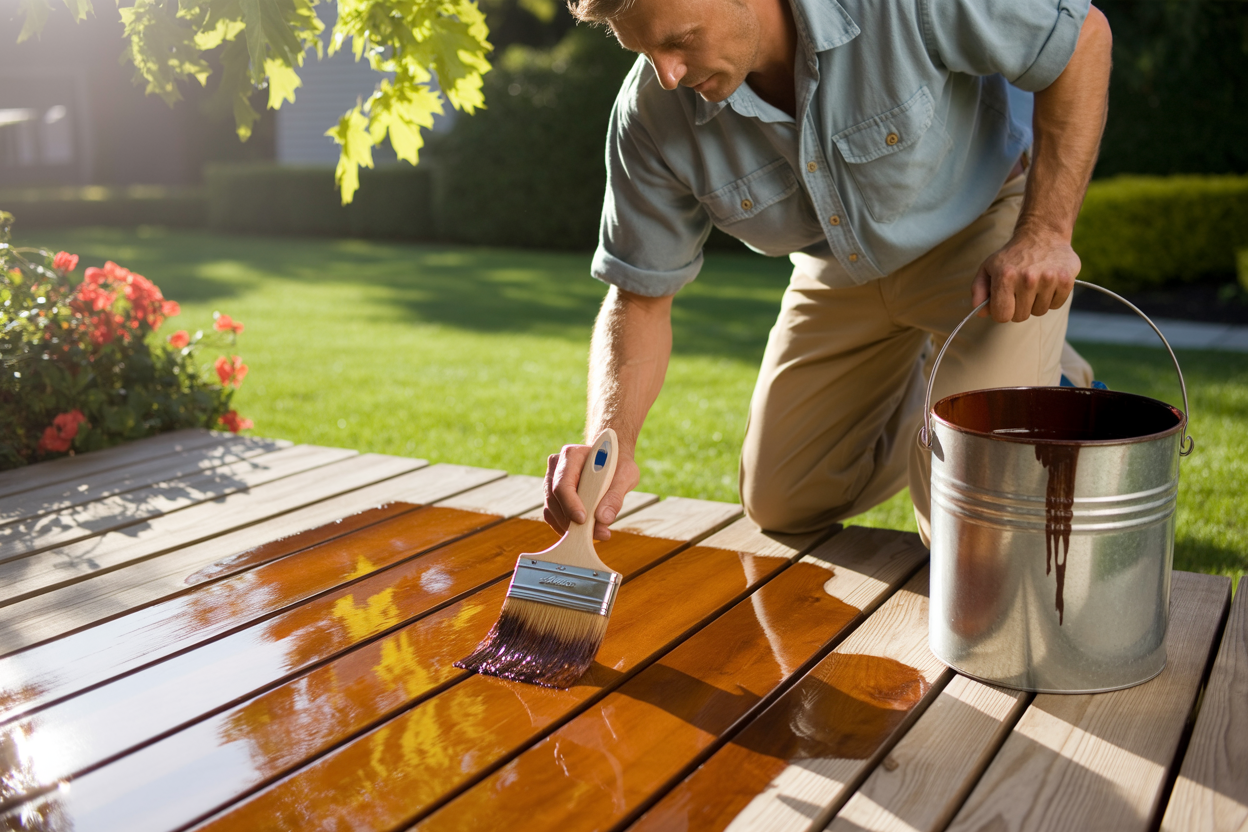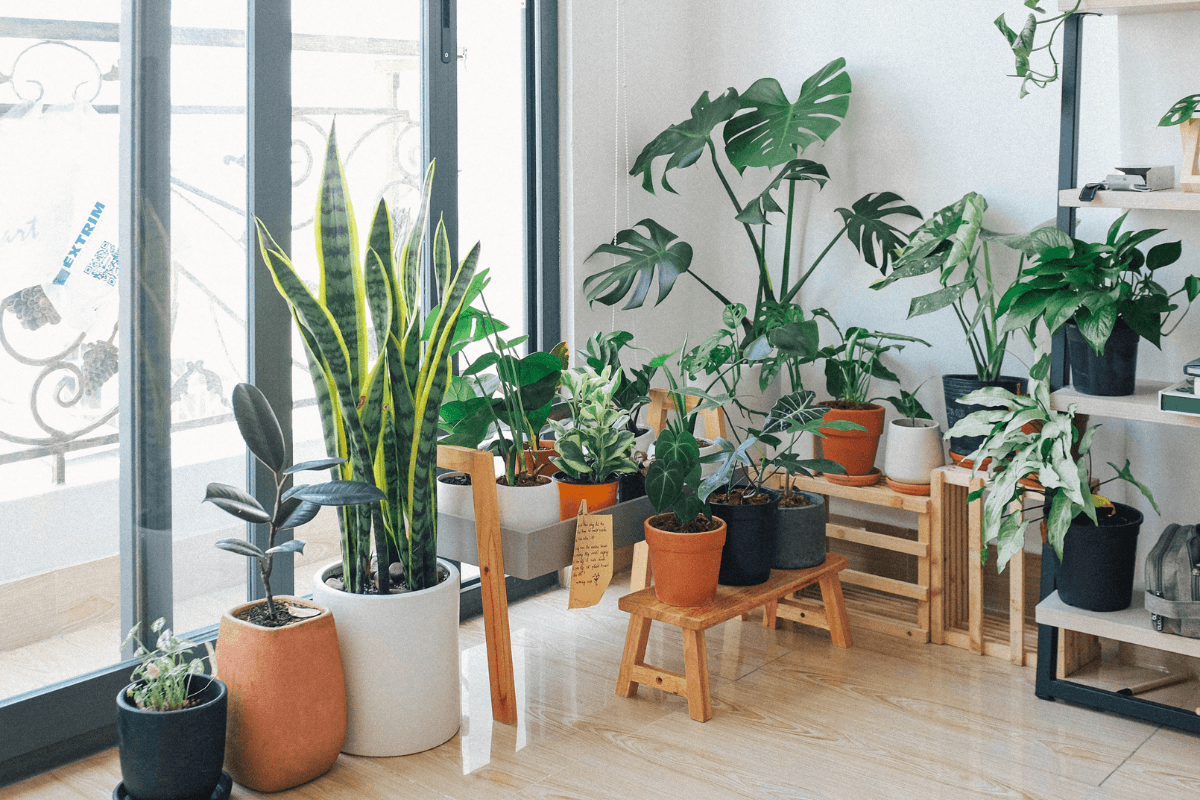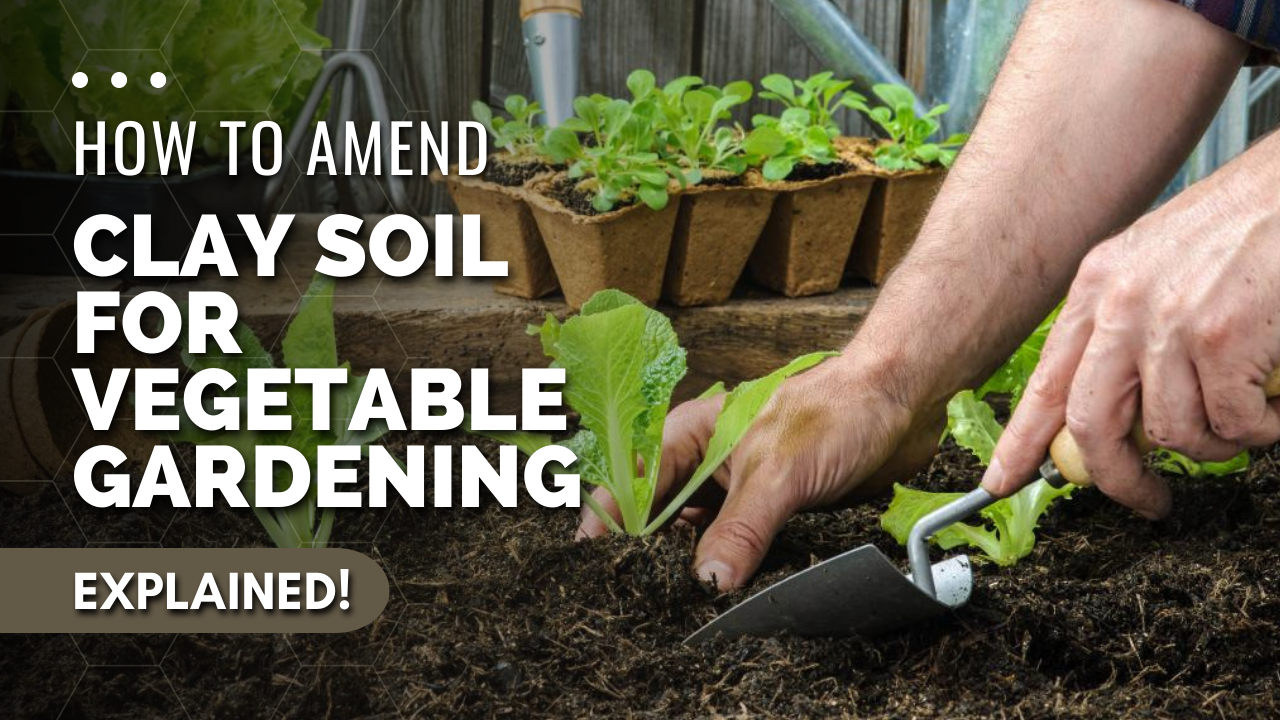For anyone who grows plants, flowers, or vegetables, mulch is a great resource because of the myriad of benefits it provides. It is the ultimate time-saver for any gardener and makes tending to flower beds and vegetable gardens easy and manageable. Additionally, regular mulching guarantees healthy fruits, flowers, and vegetables.
However, to reap the full benefits of mulch, you must use the most appropriate one for your garden. Here is a full guide on why using mulch for your garden is important, what the best mulch for garden is, and how to mulch your garden properly.
Why Use Mulch
Mulch simplifies the tasks of a gardener, making the process of growing plants faster and easier. Not only that, but it also leads to a better and fuller garden. Here are the main benefits of using mulch for your garden:
- Slows weed growth, reducing the need to weed as often
- Improves soil quality
- Protects plants and crops from repercussions of extreme weather conditions
- Adds color and texture to your overall garden
- Traps moisture in the soil, reducing the need to water as often
- Acts as an insulator so that your plants don’t get too hot or cold
- Wards off pests
Characteristics of Good Mulch
Here are some of the essential characteristics that any good mulch should include:
- Must be readily available
- Must stay in place well
- Must be free of weeds and insects
Two Main Types of Mulch
There are two main types of mulch homeowners can select from— organic and inorganic mulch.
Organic Mulch
This mulch type consists of plant byproducts, which are essentially formerly living materials that have died and decomposed over time. These include chopped leaves, compost, wood chips, grass clippings, shredded bark, sawdust, straw, pine needles, and paper. As they decompose further, organic mulch improves soil quality.
Inorganic Mulch
Though inorganic mulch does not break down and enrich the soil, it is still beneficial and a good option for certain plants. For example, rocks and stones reflect and absorb the heat to warm up the soil. Other organic mulches include lava rock, crusher dust, pulverized rubber, landscape fabrics, and other human-made materials.
The Best Mulch for Garden
Now that you have understood the benefits of mulch and what you should consider when choosing the best mulch, here is a rundown of all the different types of mulch that you can use. The best thing to do is choose mulch from this list that is most appropriate for your landscaping project, appropriate for the weather conditions in your area, and suitable for the type of soil you have.
1. Wood Chips or Shredded Bark
This mulch type is available at any local gardening or home improvement store and is best to use on flower gardens, pathways, and shrub borders. However, wood chips and shredded barks are not recommended for vegetable gardens. Wood chips and barks are typically aged and dried to provide enhanced support. You can also make these chips by shredding wood yourself. You could also shred the fallen leaves from a tree with a lawnmower to create nutrient-rich mulch.
2. Grass Clippings
They are another form of organic mulch, which is more preferably used as a natural fertilizer for the lawn, but a small portion can also be used as mulch. Since these grass clippings are rich in nitrogen, it is recommended to use them in vegetable gardens. The best part about this mulch is that, just like shredded leaves, you can make grass clippings at home yourself, too. Here is a full guide on how to use grass clippings as mulch. However, make sure you do not use grass that has been treated with insecticides, herbicides, or any other chemicals.

3. Compost
If you have extra compost left, consider using it as mulch. By spreading a thin layer of mulch on the soil, it will enrich it and ensure plants’ healthy growth. You might also want to top the compost layer with another layer of mulch, preferably chopped leaves, for maximum results. This will allow the compost to remain moist and biologically active.
4. Straw or Hay
This mulch type is best to lay on vegetable gardens as it helps retain moisture in the soil, prevent weeds, and add organic matter to the soil allowing it to break down. It also deters any rodents, slugs, or feeding birds. Straw is a better option than hay, but if you plan to buy hay, just make sure you opt for seed-free hay.
5. Newspaper or Cardboard
Shredded black and white newspaper or un-dyed cardboard are also considered an effective weed supplement. You must ensure that they do not have any dye or color because that would be too toxic for the plants. Apply a layer of this mulch with another layer of organic mulch, such as grass clippings or shredded leaves.
6. Rock or Crusher Dust
These are inorganic mulches that are particularly appropriate for walkways and pathways. They include lava rocks, crushed gravel, crusher dust, marble chips, or pea gravel. Avoid using this type of mulch around trees and plants because they absorb a lot of heat and can potentially burn the roots.
7. Landscape Plastic or Fabric
Plastic and fabric are inorganic types of mulch that are also impermeable. This means that they do not retain moisture or nutrients, making them unsuitable for long term use. But this quality also makes them effective weed killers. If you use plastic mulch, you will probably have to also employ an irrigation system for the plants or water them regularly yourselves. For that reason, the fabric is a preferable option as it deters weed and lets water and air pass through. However, it is also expensive.
8. Rubber
This mulch is made from pulverized and recycled tires and is an excellent mulch for playgrounds and walkways. Though it is inexpensive, it is considered to be toxic and does not decompose.
How to Mulch Your Garden
This is not a very difficult task, but the cardinal rule is to apply mulch in two layers to ward off the weed. The first is a thin layer of mulch on the soil that has already been weeded, and the second layer is a bit thicker, which is applied to discourage any new weeds from coming up through it.
If you require more guidance, take a look at this instructional video, which shows proper techniques to mulch your garden.
Final Words
We hope this guide helped you understand the importance of mulch and how to find the best mulch for the garden. Depending on what you are growing, you can use these types of mulch or make them at home. Remember that there is a thing as ‘too much mulch,’ so be mindful of how much mulch you add.
